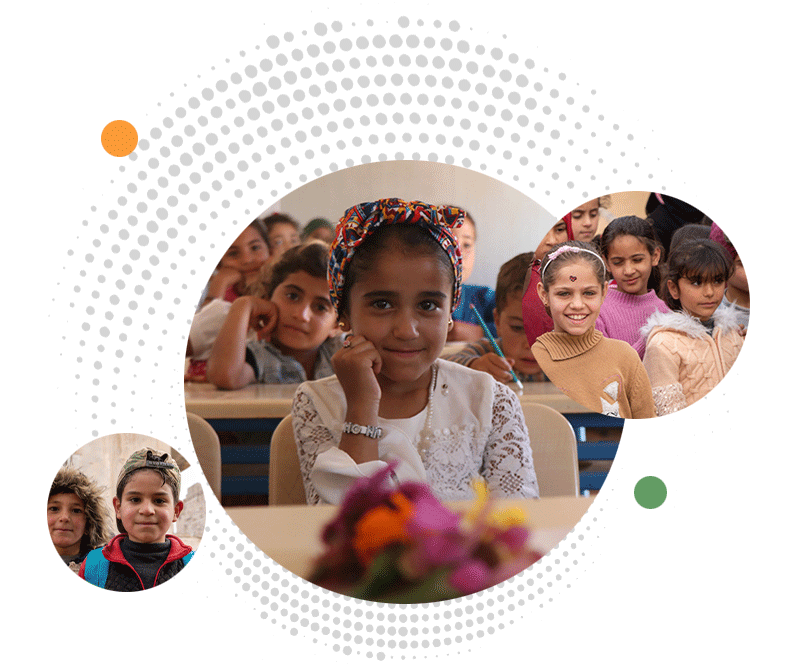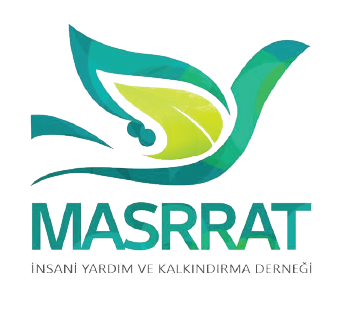Knowledge Without Borders
Knowledge Without Borders is a non-governmental, non-profit humanitarian organization licensed in Germany by a specialized group interested in humanitarian educational work in crisis areas. It is concerned with providing education and an appropriate educational environment for children, youth, women, and marginalized groups of displaced and refugees people, from early educational stages to higher one, and the accompanying support for education operations and supportive youth and women’s activities, in cooperation with interested parties and organizations to enhance their ability to access education and advocate for their basic rights to do so, it also contributes to providing recovery programs on the basic and advanced educational needs of societies ravaged by war and natural disasters.

Vision
We seek to reach societies in which the right to education is guaranteed to all, overcoming conflicts and natural disasters, so that education is first and foremost an interest.
What Makes us Different?
We are an institution born from the womb of suffering. We have long experience in the educational field, building values among children, dealing with young people, and providing study opportunities for them in crisis areas to pursue their achievement and increase their scientific and academic level, in addition to providing financial support.
Objectives
The Foundation works to embody the spirit of partnership and cooperation between all foundations and organizations working in the field of education and humanitarian community development in coordination with the competent authorities to achieve the following goals:
- We work to make access to education in all its stages and for all refugee and displaced children and youth in the world a basic duty that takes precedence over all priorities.
- To secure the appropriate educational environment and opportunities for children, adolescents, and youth of both sexes and at all educational levels, and to ensure fair access to education for all.
- To find integration between environmental and community activities and education and make their outputs in the service of each other.
- To highlight the importance of the role of education in development through various direct and indirect activities
- To find sustainable solutions to the issue of continuing education, especially in vulnerable and marginalized communities.
- To link education to the identity and culture of societies and to make it an element of strengthening identity and community belonging.
- To exchange and invest educational experiences in crisis and disaster areas.

“Education creates generations that can make the future bright.”
Karima El Helou, a Syrian student







